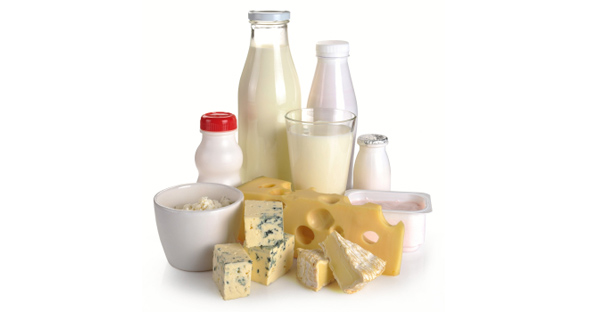

Community Question: I have been eating a mostly vegan diet for several years now. I do not consume milk, cheese, meat, or whole eggs. I am not a strict vegan because I occasionally eat egg whites, fat-free yogurt, or substitute products that contain casein. I recently read The China Study and was completely astounded by how detrimental casein is to the human body. Is the amount of casein in these products, mentioned above, considered relatively “safe” for moderate consumption (a few times per week)?
The main storyline of The China Study relates to the sequence of experimental research studies from which my current ideas about nutrition emerged.
I began by doing very traditional research, focusing on a relatively specific question—namely, Does casein fed to rats encourage the growth of experimental tumors, and if so, how? First we confirmed that casein does have this property (thus supporting the preliminary research of others). Second we learned how it works (i.e., we investigated the multiple mechanisms by which casein affects cancer development). The evidence was overwhelming. Based on this very traditional scientific research approach, we could conclude that casein is not only a chemical carcinogen but also perhaps the most relevant carcinogen that we consume.
The evidence from this research showed that the casein effect was reserved for a level of casein consumption above the threshold required to meet the rat’s protein needs (i.e., more than 10–12 percent of total calories). We also obtained evidence that this cancer-promoting effect did not exist for wheat protein or soy protein, even when these plant proteins were fed at the higher level of 20 percent of total calories.
The fact that this casein effect existed from 10–12 percent of calories up to 20 percent or so is very significant because humans and rats have about the same requirement for protein and the common range of protein consumption in today’s society is about 11–22 percent of calories.
Importantly, however, this series of experiments also demonstrated to me the flaws of the traditional research strategy. Investigations of the independent effects of one substance at a time, as with such research involving casein, are often incomplete and sometimes misleading. Even though such information can be very valuable as a stepping stone to a larger truth, context is critical. In this case, the larger context has to do with the more general dichotomy between animal- and plant-based foods, not only for cancer but for other diseases as well, and not only for casein but for other nutrients as well.
To answer your question, it is important that we really understand this nuance. It is not the occasional consumption of small amounts of casein that matters. Rather, the larger takeaway is that we should limit or even avoid animal-based foods while consuming more whole plant-based foods. Studies on the carcinogenic effects of casein are just a few of the many puzzle pieces supporting this larger message.
Copyright 2026 Center for Nutrition Studies. All rights reserved.